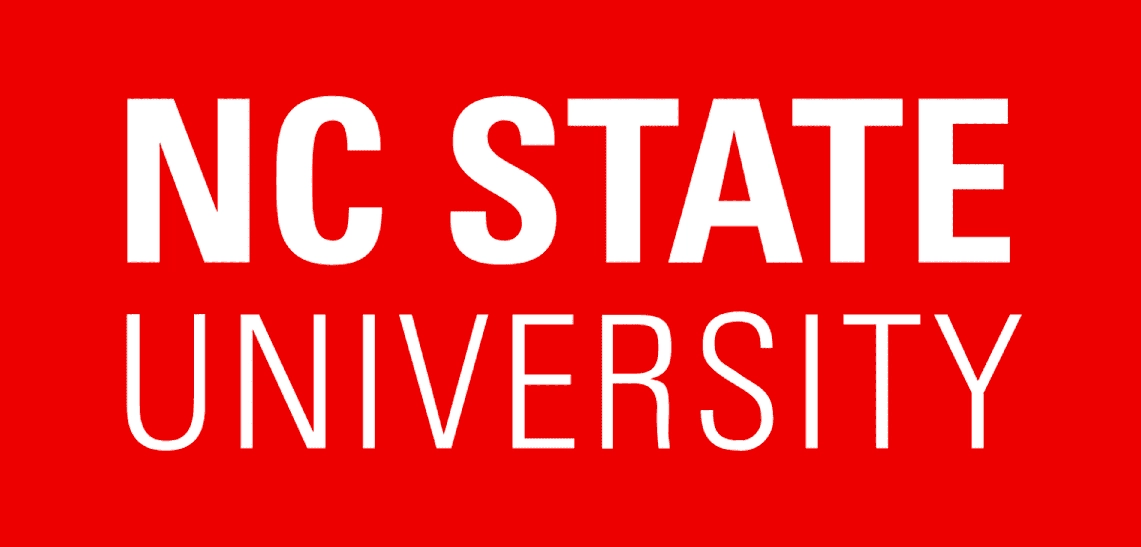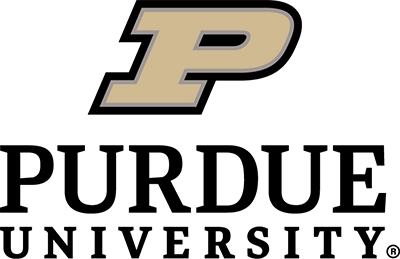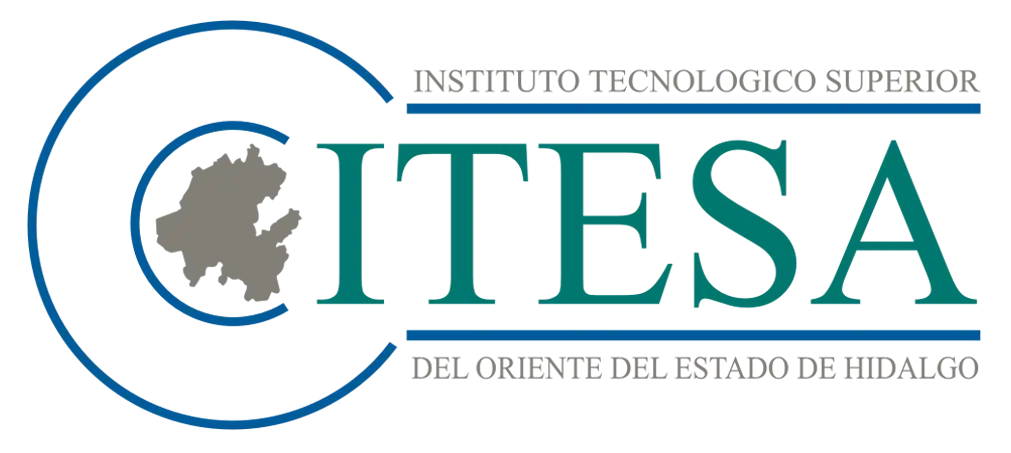Academic Discrete Event Simulation Software
Enhance teaching effectiveness and research capabilities with Simio’s free academic software that gives students hands-on experience creating intelligent digital twins to simulate what-if scenarios and solve real-world problems.
Empowering Academic Excellence Through Digital Twin Simulation
Simio’s academic software provides universities with powerful simulation tools at no cost. Our digital twin technology enables students to create virtual replicas of physical systems, test scenarios, and analyze outcomes without disrupting real operations. Faculty worldwide trust our academic software for both teaching and research applications, preparing students for successful careers in engineering, operations research, and business analytics.
Join Global Academic Community
Connect with hundreds of universities using Simio worldwide.
Access Teaching Resources
Simplify instruction with ready-to-use materials and examples.
Leverage Case Study Program
Engage students with real-world industry challenges and solutions.
Create Intelligent Digital Twins
Build virtual replicas of real-world systems to test ideas safely.
Visualize Complex Processes
Use 3D animation to understand system dynamics and flows.
Bridge Theory and Practice
Apply classroom concepts to realistic problems that mirror industry challenges.
Engage with a Global Community of Academic Simulation Leaders
The Simio Academic Community represents one of the largest networks of simulation educators and researchers in the world. This collaborative ecosystem facilitates the exchange of ideas, teaching innovations, and research breakthroughs across institutional and geographical boundaries. By implementing Simio in your curriculum or research program, you gain access to this extensive community of practice where faculty and students collaborate to advance simulation knowledge and applications.
- Hundreds of Universities Worldwide: Simio powers simulation education at institutions ranging from top research universities to teaching-focused colleges across six continents.
- Diverse Academic Disciplines: Faculty in engineering, business, healthcare, computer science, and operations research use Simio to enhance their curriculum and research.
- Active Research Network: Connect with scholars publishing simulation-based research in leading journals and presenting at international conferences.
- Collaborative Teaching Community: Share course materials, teaching strategies, and assessment techniques with fellow educators through our academic community.
- Case Study Participants: Engage your students with semi-annual industry-based challenges that build real-world skills through applied learning.
- Industry-Academic Partnerships: Access opportunities to connect your students and research with organizations seeking simulation expertise.






















Comprehensive Teaching Resources for Simulation Education
To build essential simulation skills, Simio offers extensive learning resources that simplify technical concepts and engage students. Our simulation software for education includes comprehensive teaching materials for all experience levels:
- Ready-to-Use Course Materials: Lecture slides, assignments, and lab exercises
- Textbooks and Guides: Comprehensive educational materials aligned with software capabilities
- Example Models: Pre-built simulations demonstrating key concepts
- Simio University: Discounted access to our online training platform
Simio’s teaching resources help educators learn while introducing new concepts to students. Our lesson plans include simplified textbooks, presentations, lab materials, and sample problems that develop into complete coursework.

Free Academic Licensing for Faculty, Researchers & Students
Simio offers no-cost academic licenses for faculty, researchers, and students through Academic Grants. These grants ensure educators can provide hands-on instruction in both physical and virtual classrooms. Our digital twin simulation software enables team projects from diverse locations, ensuring all students can participate regardless of their location.
Simio Software is a best-in-class tool for simulation and digital twin development. The software provides:
- Complete Feature Access: Professional-grade tools with no limitations
- Intuitive Interface: Easy-to-learn environment for beginners and advanced users
- Modern Capabilities: Python integration and AI optimization features
- Remote Collaboration: Team-based projects accessible from anywhere
- Comprehensive Support: Resources for successful implementation
Simio Academic Software provides all features needed to teach discrete event simulation. The software integrates 3D modeling and animation to ensure simulation concepts are easily understood by first-time users. These interactive capabilities captivate students when teaching technical aspects of simulation, improving engagement and comprehension.

Apply Theory to Practice: Real-World Simulation Challenges
Our Academic Case Study Program represents the evolution of Simio’s popular Student Competition into a more comprehensive educational resource. This reimagined program maintains the engaging challenge format while adding structured teaching materials and flexible implementation options. Students apply modeling concepts to realistic scenarios through instructional materials built around assignments, with teaching resources to support investigation and suggested solutions. Released semi-annually in Fall and Spring, students have online access to materials throughout the academic year.
The program includes:
- Real-World Problems: Challenges based on actual industry scenarios
- Complete Data Sets: Information needed for thorough analysis
- Teaching Materials: Resources for faculty to guide student learning
- Solution Recommendations: Suggested approaches for instructors
Each case includes a problem statement and data available to anyone, maintaining the open access of our original competition format. For registered instructors, we provide additional teaching materials and solution recommendations that transform these challenges into powerful learning tools. The archive of previous Student Competitions remains available, offering faculty members opportunities to develop their own case studies.
Frequently Asked Questions
What is included in Simio’s academic license?
How do students access Simio software?
Can Simio be used for research purposes?
How do I apply for an academic license?
Additional Resources
Get Simio Academic Software
Simio Academic licenses are available at no cost for qualified educational institutions and students through our Academic License Program.
Learning Simio for Academics
Want to learn Simio? Check out our no-cost learning resources for academics.